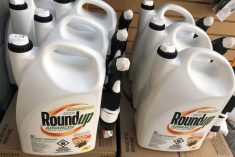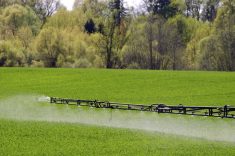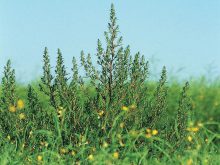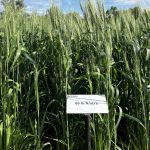Reuters — Personal injury law firms around the U.S. are lining up plaintiffs for what they say could be “mass tort” actions against agrichemical giant Monsanto that claim the company’s Roundup herbicide has caused cancer in farm workers and others exposed to the chemical.
The latest lawsuit was filed Wednesday in Delaware Superior Court by three law firms representing three plaintiffs.
The lawsuit is similar to others filed last month in New York and California accusing Monsanto of long knowing that the main ingredient in Roundup, glyphosate, was hazardous to human health. Monsanto “led a prolonged campaign of misinformation to convince government agencies, farmers and the general population that Roundup was safe,” the lawsuit states.
Read Also
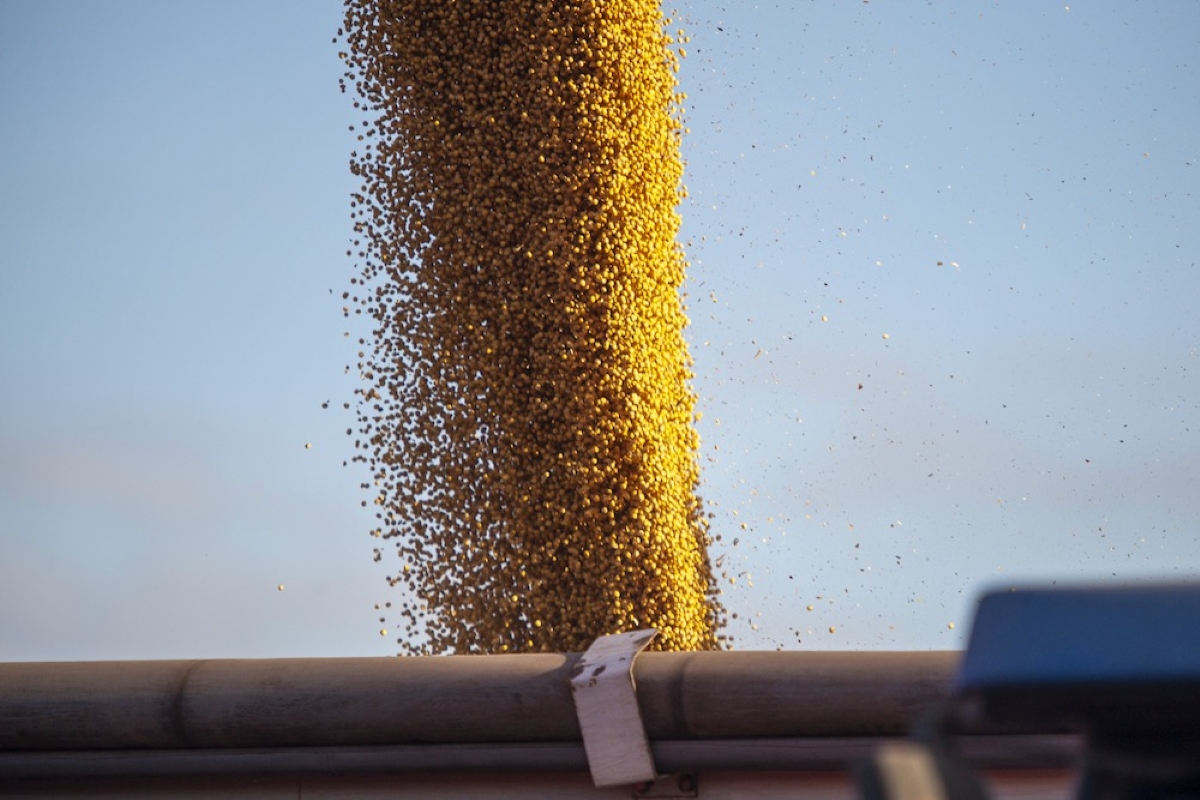
Brazil to reap record soy crop in 2025/2026, increase exports
Brazil’s Conab said the country will reap a record soybean crop of 177.6 million tons in the 2025/2026 harvest year, according to data released on Thursday.
The litigation follows a declaration in March from the World Health Organization’s cancer agency that there was sufficient evidence to classify glyphosate as “probably carcinogenic to humans.”
“We can prove that Monsanto knew about the dangers of glyphosate,” said Michael McDivitt, whose Colorado-based law firm is putting together cases for 50 individuals. “There are a lot of studies showing glyphosate causes these cancers.”
The firm held town hall gatherings in August in Kansas, Missouri, Iowa and Nebraska seeking clients.
Monsanto said the WHO classification is wrong and that glyphosate is among the safest pesticides on the planet.
“Glyphosate is not a carcinogen,” company spokeswoman Charla Lord said in an emailed statement. “The most extensive worldwide human health databases ever compiled on an agricultural product contradict the claims in the suits.”
Roundup is used by farmers, homeowners and others around the globe and brought Monsanto US$4.8 billion in revenue in its fiscal 2015. But questions about Roundup’s safety have dogged the company for years.
Attorneys who have filed or are eying litigation cited strong evidence that links glyphosate to non-Hodgkin lymphoma (NHL). They said claims will likely be pursued collaboratively as mass tort actions.
To find plaintiffs, the Baltimore firm of Saiontz and Kirk advertises a “free Roundup lawsuit evaluation” on its website. The Washington, D.C. firm Schmidt and Clark is doing the same, as are other firms in Texas, Colorado and California.
One plaintiff in the Delaware lawsuit, Joselin Barrera, 24, a child of migrant farm workers, claims her NHL is related to glyphosate exposure. Elias de la Garza, a former migrant farm worker and landscaper diagnosed with NHL, has a similar claim. Both live in Texas.
The third plaintiff is Judi Fitzgerald, a horticultural worker diagnosed with leukemia in 2012. The Virginia resident joined the Delaware case after asking for dismissal of a similar lawsuit initially filed in federal court in New York.
Monsanto is also fending off claims over its past manufacturing of polychlorinated biphenyls (PCBs), which the WHO classifies as known carcinogens.
At least 700 lawsuits against Monsanto or Monsanto-related entities are pending, brought by law firms on behalf of people who claim their non-Hodgkin lymphoma was caused by exposure to PCBs that the company had manufactured until the late 1970s.
— Carey Gillam is a Reuters correspondent in Kansas City.





